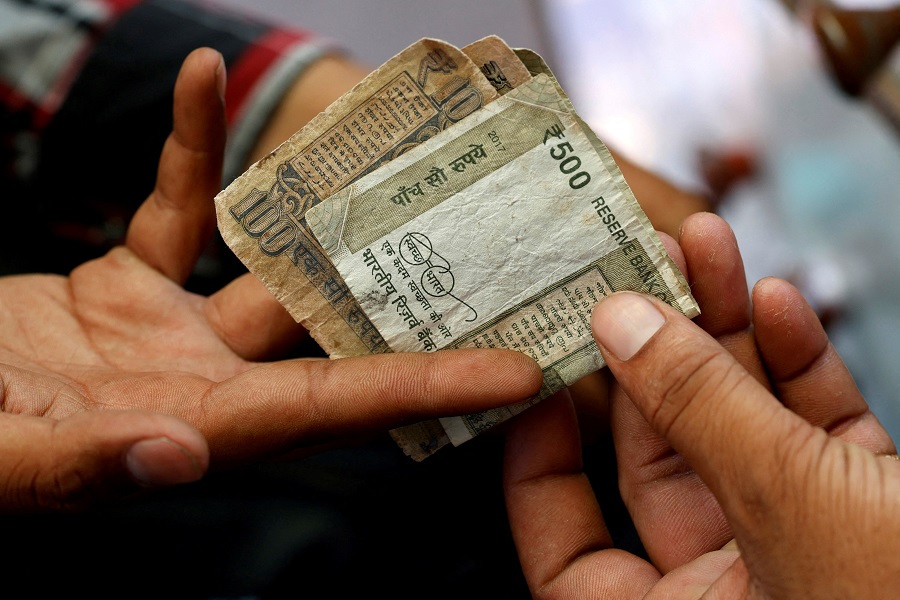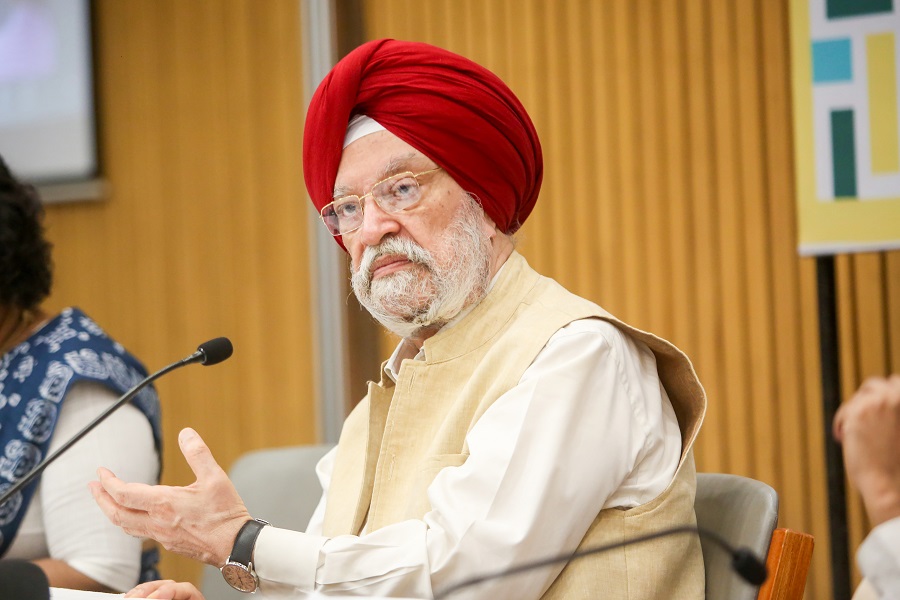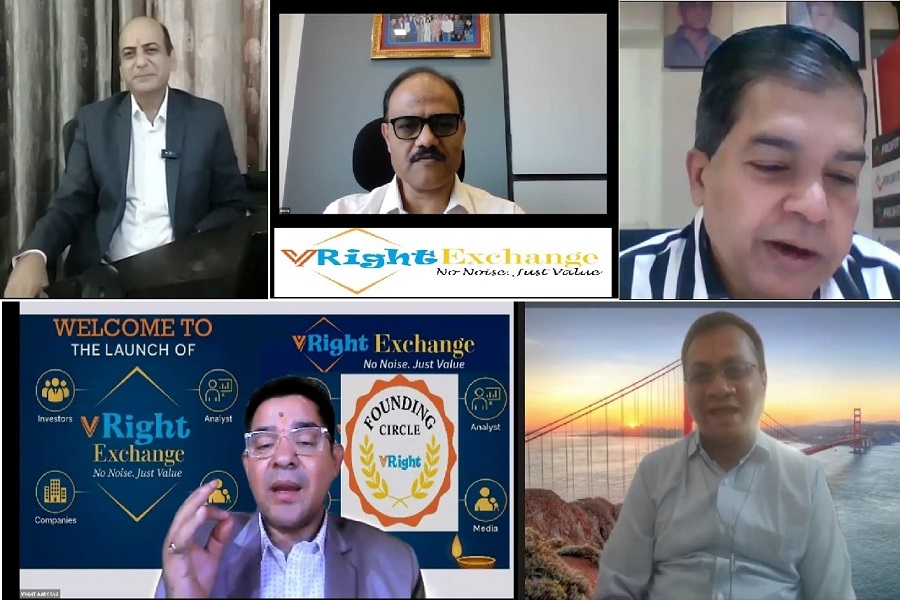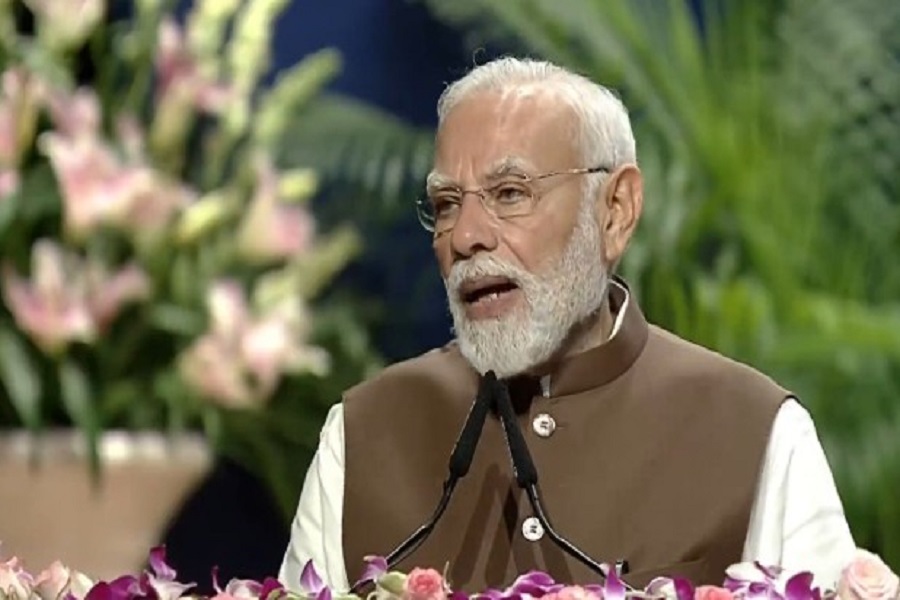Interview: Pavit Nanda Anand, Communication Lead-APAC, inDrive

Q1.
What inspired
inDrive to create a mobility platform that offers transparency and fairness between riders and driver-partners in India?
InDrive was born out of a commitment
to challenge injustice in society. Our CEO Arsen Tomsky hails from Yakutsk in east Siberia where temperatures often drop to -60 degree celsius, and taxi cartels would hike prices to take advantage of the winter chill. So, in the winter of 2012, when taxi drivers
had hiked prices by 50%, a group of students led by Arsen Tomsky started an online message board for people to post
journey requests and car owners to respond with offers of transport, with both parties mutually agreeing on fares. This led to the inception of inDrive on the same model in 2013. inDrive, as a term, initially connoted ‘Independent Drivers.’
The salient
feature of inDrive is the freedom to choose price, vehicle and driver, allowing our riders more control over the ride-hailing experience. In addition to ride-hailing, inDrive provides an expanding list of urban services, including intercity transportation
and delivery.
Currently, we are present in 888 cities in 48 countries. We are the second most downloaded mobility app and the fourth most downloaded travel app in 2022 and 2023.
Q.2. What impact has
inDrive's approach had on the ride-hailing industry in India, especially in comparison to the more algorithm-driven models?
Our values of challenging injustice
and fair play are reflected in our model with the freedom to choose price, vehicle and driver, irrespective of the smartphone model, battery time and other parameters. Unlike other ride hailing apps, we do not rely on AI algorithms to determine these parameters.
This allows both riders and driver-partners to have greater autonomy on their ride-hailing experience. Moreover, it minimises the chances of surge pricing and cancellations as both parties mutually agree on the price first.
Q.3. In terms of technology,
how does inDrive handle the flexibility of its platform without relying on complex AI or algorithmic pricing models?
At inDrive, we don't use algorithms to
surge ride prices based on external factors like many competitors. Instead, we have a user-centric model, which enables passengers and drivers to agree on a fair price before the ride. Our peer-to-peer model lets both parties choose each other and set the
fare together, using technology to facilitate the process. Passengers can select drivers based on ratings, vehicle, and other factors, while drivers can choose rides based on location, passenger ratings, and the offered fare. We aim for fairness and transparency,
challenging injustice by not relying on complex AI or pricing algorithms to determine the ride-hailing parameters.
Q.4. Can you share insights
into how inDrive has worked to make its platform accessible to riders and drivers using various smartphone models and battery conditions?
inDrive has made a conscious effort to
ensure its platform is accessible to both riders and drivers, regardless of the smartphone model they are using or their device’s battery condition. Here are some key strategies that we have implemented:
Optimized App for Low-Performance Devices- Our lightweight
design involves less data usage and is user- friendly.
Simple UI/UX Design - A clean, intuitive user interface
makes it easier for all users
GPS Optimisation- This saves undue battery drainage while
still receiving accurate location information
Q.5. What tech-based
solutions have you found most effective in optimizing GTM strategies across different cities and segments?
At inDrive, we work across geographies
and verticals. Hence, we tailor our strategy to align it with requirements of various regions and segments. Below strategies have helped us in optimising our GTM strategies across different cities and segments.
Geo-Targeted Campaigns and Hyperlocal Marketing
Tech-Enabled Driver and Rider Acquisition
A/B Testing and Continuous Optimization
Localised App Features & Language Support
Integration with Local Payment Partners
Q.6. As a leader, how
do you foster a culture of innovation and technology adoption within your teams?
The 3Ps- purpose, people and
performance, are intrinsic to how we function and work as a team. Our focus is on
hiring the best talent and investing
in their development, while maintaining a culture of inclusivity, mutual support, and personal growth.
Above views are of the author and not of the website kindly read disclaimer




















